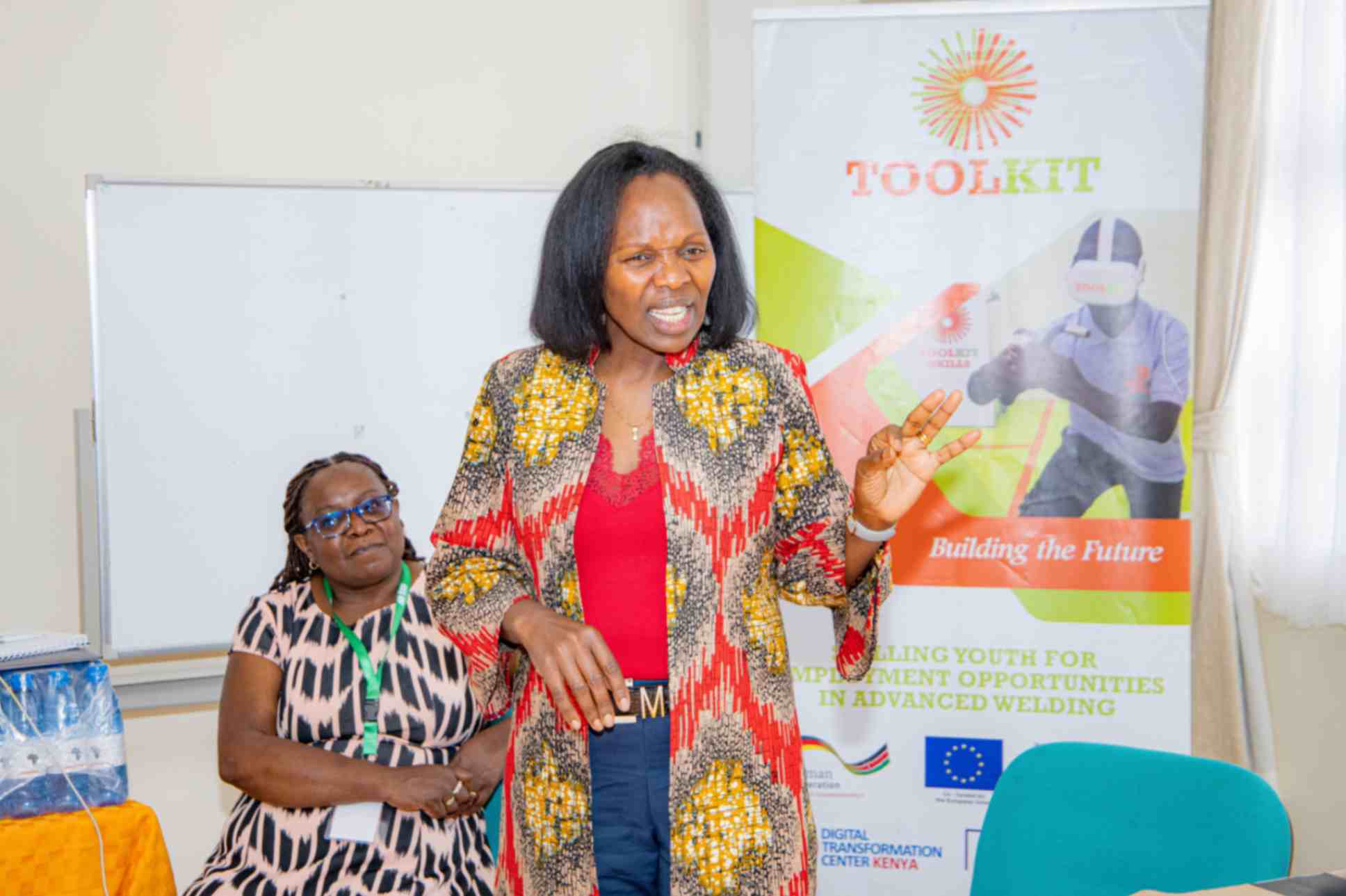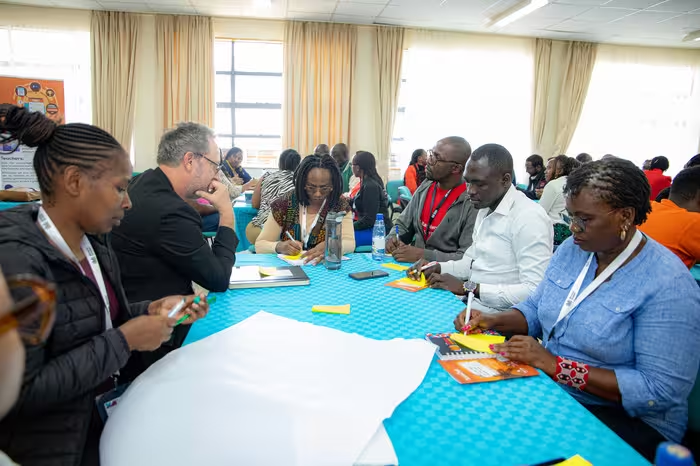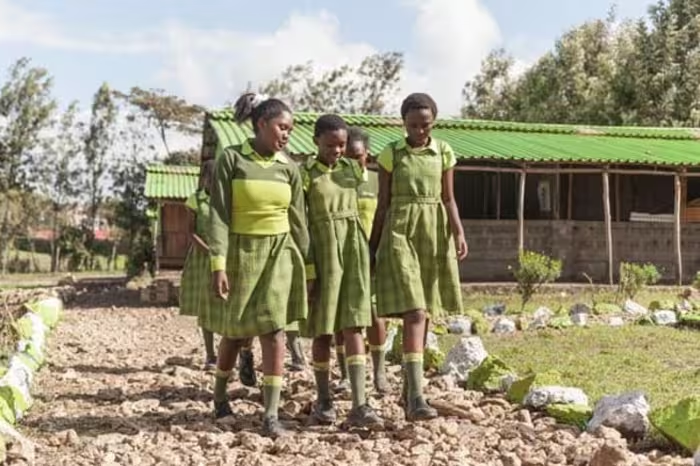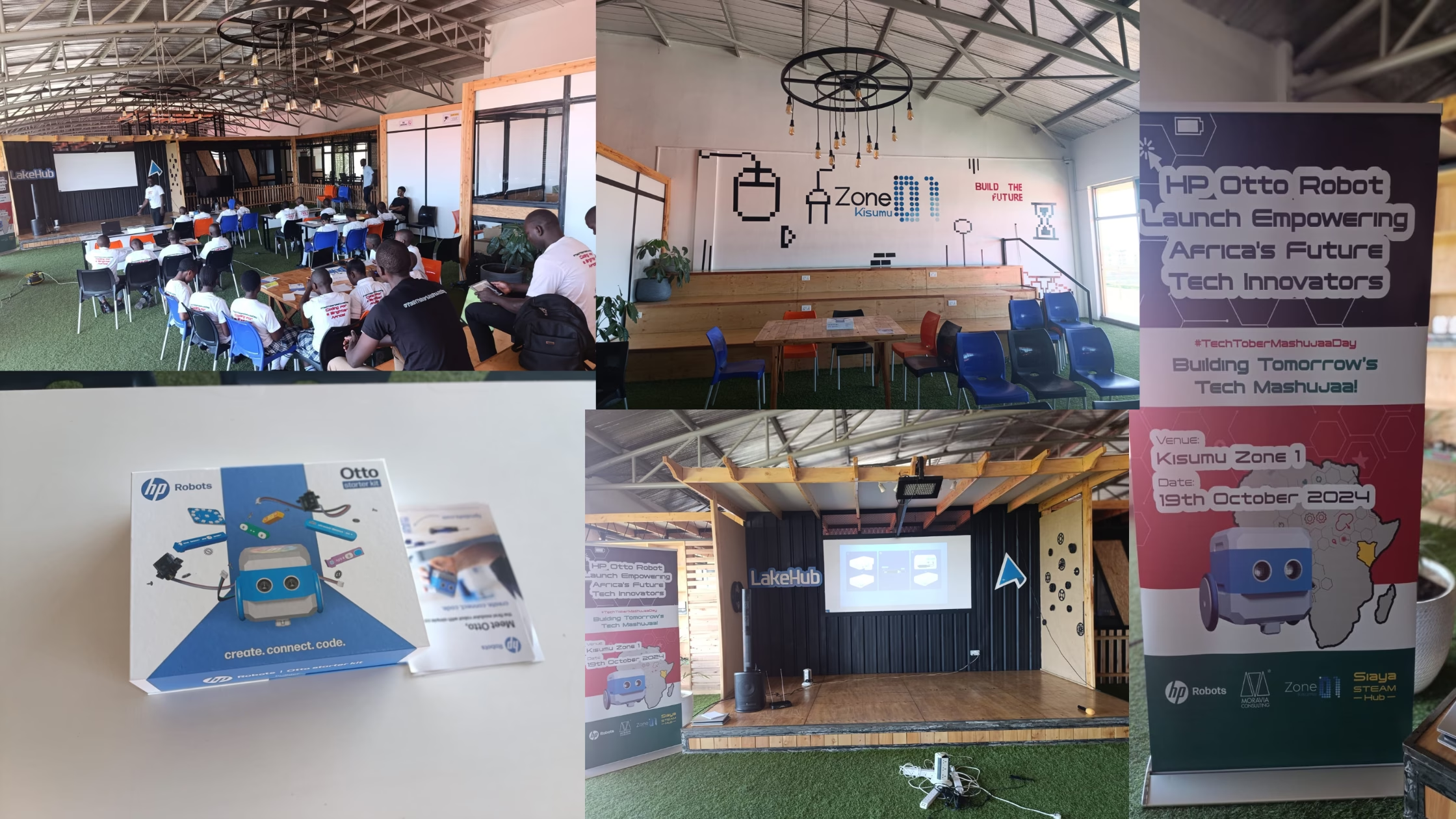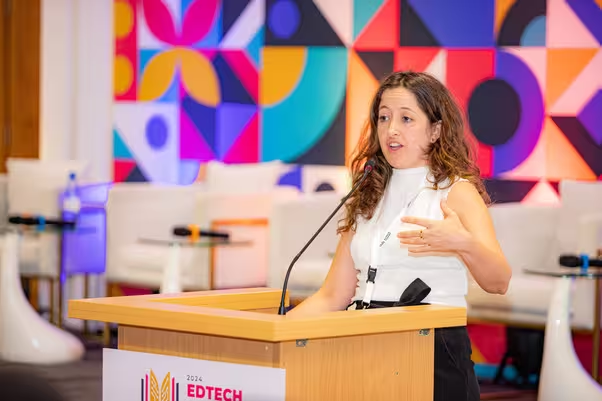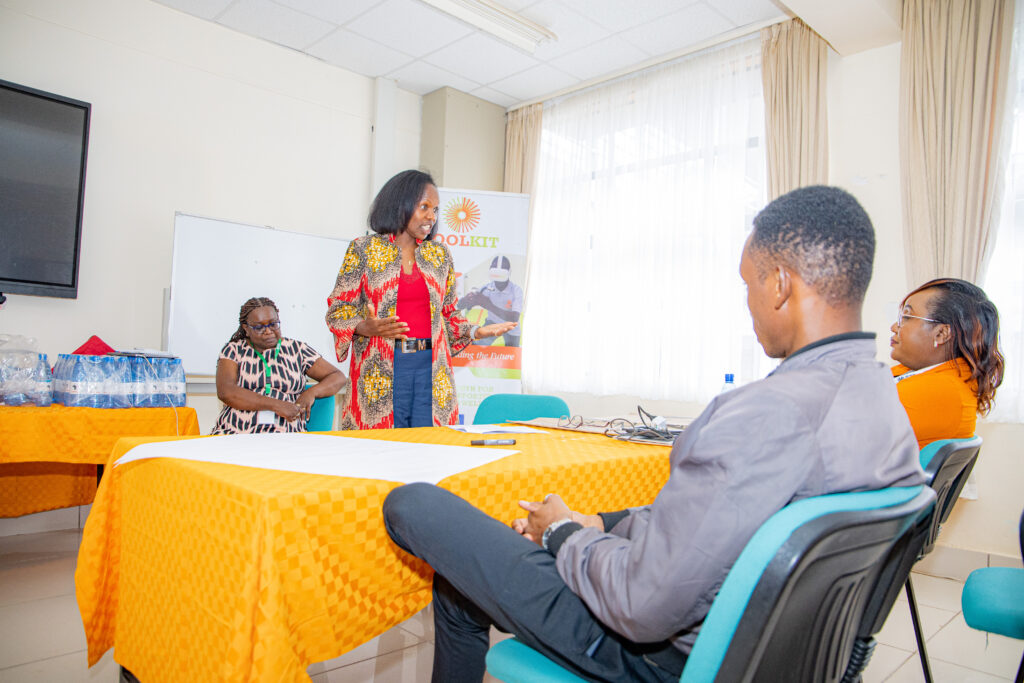
Samuel Kiero is an MIG welder in Laval, France. His job involves welding high-speed train parts for the Trains à Grande Vitesse (TGV), a prestigious project that reflects his expertise and the quality of training. It is a well-paying job that requires European certification and is in high demand. A young welder, he is one of the 14 graduates of the Toolkit for Skills and Innovation Hub working in France.
Toolkit graduates like Samuel are in various industries across Africa and Europe, where his presence represents a significant breakthrough. For Toolkit, having a Kenyan welder like Samuel obtain a work permit and secure a job in Western Europe before leaving Kenya was a big accomplishment because of the stringent requirements. It demonstrated the global demand for highly skilled youth.
Creating flexible learning pathways makes technical and vocational education and training more appealing, offering students the freedom to transition seamlessly between education, training, and the workforce.
Headquartered in Kikuyu, Toolkit for Skills and Innovation Hub is a Kenyan social enterprise using technology to skill youth and women in cutting-edge trades, bridging the gap between unemployment and opportunity. It has smaller centers in Kakuma and Miritini, Mombasa. Toolkit’s mission is to transform the lives of disadvantaged youth. Technical and vocational education and training (TVET) enhance economic opportunities and social inclusion, helping to break the poverty cycle.
In 2014, Jane Muigai-Kamphuis founded Toolkit for Skills after developing the concept while working as an international civil servant in refugee camps.
Toolkit’s vision from inception was to elevate skilled African youth to the global stage. Africa, once viewed as a source of cheap labor, is now cultivating talent that can compete and thrive internationally.
Virtual Reality Welding: A New Approach to an Old Problem
Training in the welding industry in Kenya, especially in the informal sector, has long been inefficient, unsafe, and expensive. Welders often face a lack of proper training and safety measures, resulting in dangerous working conditions and limiting their opportunities for advancement. Enter Toolkit’s Virtual Reality (VR) technology for welding training.
VR’s immersive capabilities have revolutionized how aspiring welders learn. Instead of risking burns, eye damage, or material waste, trainees don headsets and enter a digital workshop. Here, they practice their skills in a risk-free environment, all while reducing training costs and accelerating the learning process. This cutting-edge approach has proved to be a game changer, particularly in Kenya’s Jua Kali sector.
Jane explains, “Where consumption of 3 pieces of 12-inch welding rods was considered adequate training for a full course due to cost, virtual reality has no limits. Our students use 60 virtual pieces a day. Welding a perfectly straight line is not as easy as it looks, and telling who has been practicing is not difficult.”
Personalized learning experiences and real-time feedback make training more efficient and tailored to individual needs.
Allowing students to practice skills like MIG welding in a simulated environment enhances the training process, enabling young men and women to acquire certifications recognized globally, such as those from the American Welding Society and the EU, which makes them highly sought after across different markets.
Breaking Gender Stereotypes
In every country, certain groups of young people are more prone to unemployment than others, with females often facing significantly higher vulnerability compared to males. In a country where welding has traditionally been seen as a male-dominated field, Toolkit has been instrumental in challenging that notion. Many women, through Toolkit’s three-pronged strategy of life skills, high-tech training, and industry linkages, have secured jobs in welding—not just in Kenya but in places as far as Uganda, Rwanda, and Europe. The success of these women has sparked a wave of interest among others eager to take up MIG welding and prove that gender is no barrier to technical excellence.
Through these centers, Toolkit aims to rapidly skill young people, particularly young mothers, providing them with opportunities to secure decent jobs in a fraction of the time traditional education systems require. Toolkit’s use of technology is crucial, allowing students to access hands-on training that equips them for the workforce in a matter of months.
Jane explains how this short course works. “We can have that girl from Kangemi, a mother of two, who within two to two-and-a-half months becomes a MIG welder and gets a job with decent pay. She can feed her family.”
“She does not have the luxury of taking a diploma of one or two years. That is where the technology comes in. We believe that if we use the technology, we should be able to equalize the playing field for Africa’s learners,” she adds.
Scalability & Sustainability
Yet, even with these successes, Toolkit remains unsatisfied. ToLgolkit is now fine-tuning its methods to further condense training periods and ensure instructors are at the cutting edge of their craft. And as the world’s industries shift, so must the training programs—ensuring that graduates remain relevant, adaptable, and competitive.
The challenge of ensuring long-term success for trainees after their initial training was highlighted. Tracking their progress and ensuring sustained employment post-certification is critical, as is the potential expansion of partnerships with industries to guarantee job placements.
A recent meeting among various stakeholders, including representatives from organizations like Generation Kenya, GIZ, and Oxford University, gathered to discuss the framework for tech-skilling in Africa. This framework addresses key areas such as content, pedagogy, technology, and sustainability. It aims to ensure that training programs are aligned with national standards and the needs of the global job market.
Beyond Welding
There’s a clear interest in expanding this training model, especially in regions like frontier counties or underserved urban areas.
Toolkit’s influence extends far beyond welding. With training programs in solar installation, organic farming, and digital skills, the organization addresses Kenya’s pressing employment needs. From smart agriculture to CCTV installation,
Toolkit’s courses align with the demands of a modern economy, ensuring that the skills they teach are market-driven and future-proof. Not only does this foster job creation, but it also encourages entrepreneurship, with Toolkit offering mentorship and access to seed funding for graduates looking to start their ventures. Toolkit’s journey is more than just skill development. It’s about creating a future where Kenyan youth can access sustainable livelihoods and thrive in a competitive global market. With a firm commitment to empowering women, refugees, and vulnerable communities, Toolkit continues to lead the charge toward a brighter, more inclusive future.
